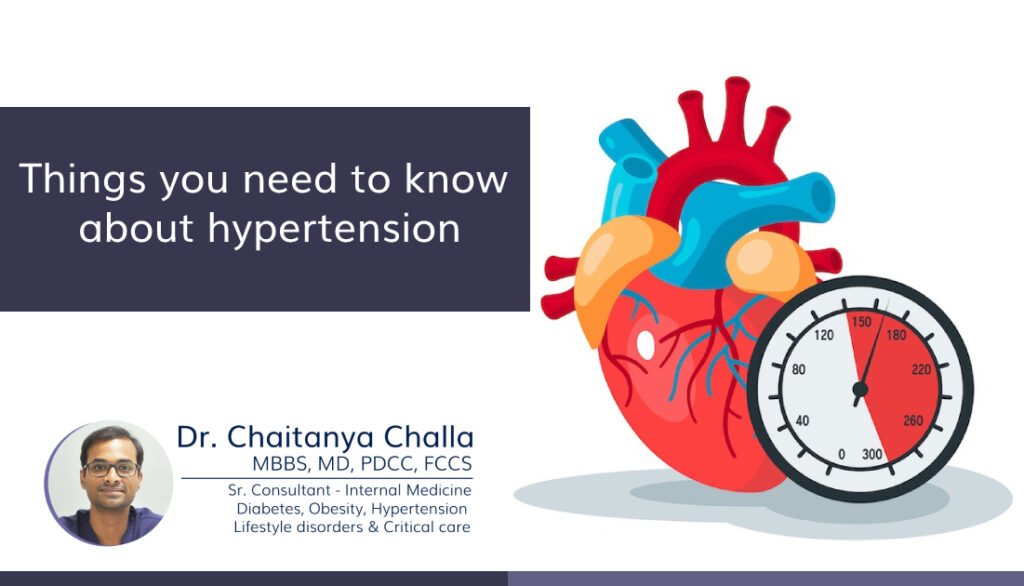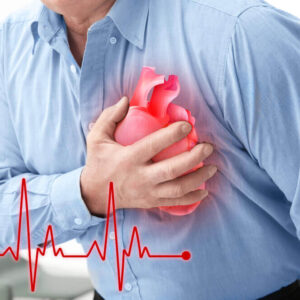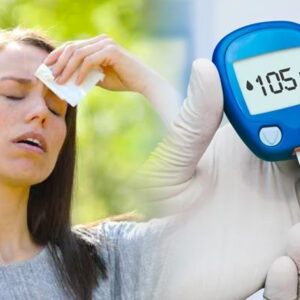
Hypertension is the medical term for high blood pressure. This means that the blood applies a lot of force against the walls of the veins.
Important facts about hypertension:
- Hypertension may be linked to a higher risk of dementia.
- Young people can have high blood pressure, too.
- 1 in 5 adults are unaware of their hypertension.
Signs:
Blood pressure can be measured by a sphygmomanometer, or blood pressure monitor. Having hypertension for a short time can be an normal reaction to numerous circumstances like stress or intense exercise. For this reason, a diagnosis of hypertension normally requires several readings that show high blood pressure over time.
Symptoms:
A person with high blood pressure may not notice any symptoms, and it is often called the “silent killer.” Regularly checking your blood pressure is vital, as there will usually be no symptoms to make you aware of the condition. It is maintained that hypertension causes sweating, anxiety, sleeping problems, and blushing. If blood pressure reaches the level of a hypertensive crisis, a person may experience headaches and nosebleeds.
Complications:
Long-term hypertension can cause complications through atherosclerosis, where the formation of plaque results in the narrowing of blood vessels. This makes hypertension worse, as the heart must pump harder to deliver blood to the body.
Hypertension related atherosclerosis can lead to:
- Heart failure and heart attacks.
- An aneurysm, or an abnormal bulge in the wall of an artery that can burst, causing severe bleeding and, in some cases, death.
- Kidney failure.
- Stroke.
- Amputation.
Take a look at your lifestyle habits and decide where you can make changes to help prevent hypertension. Adopting these lifestyle changes can help prevent hypertension if your blood pressure is currently under control or lead to lower blood pressure if your numbers are already elevated.
Consult Dr. Chaitanya Challa to manage Hypertension better. Please contact chaitanyachalladr@gmail.com






